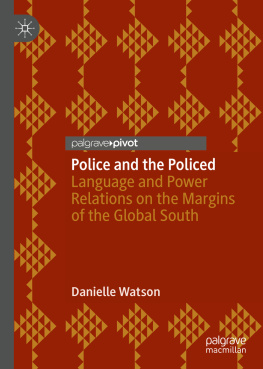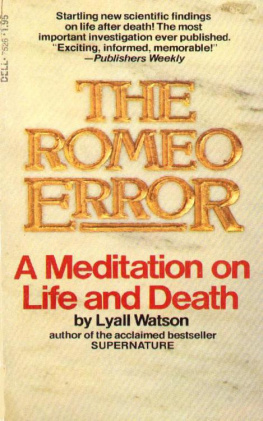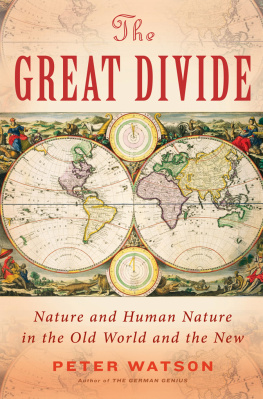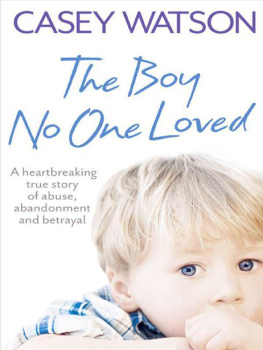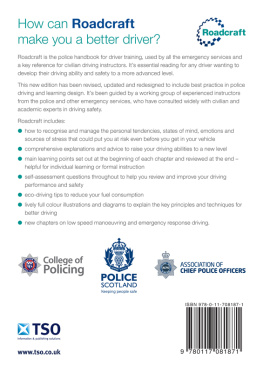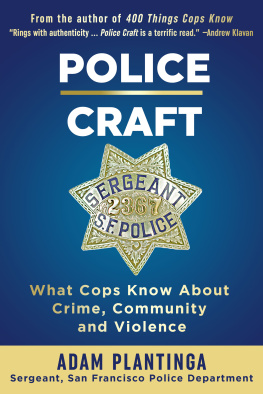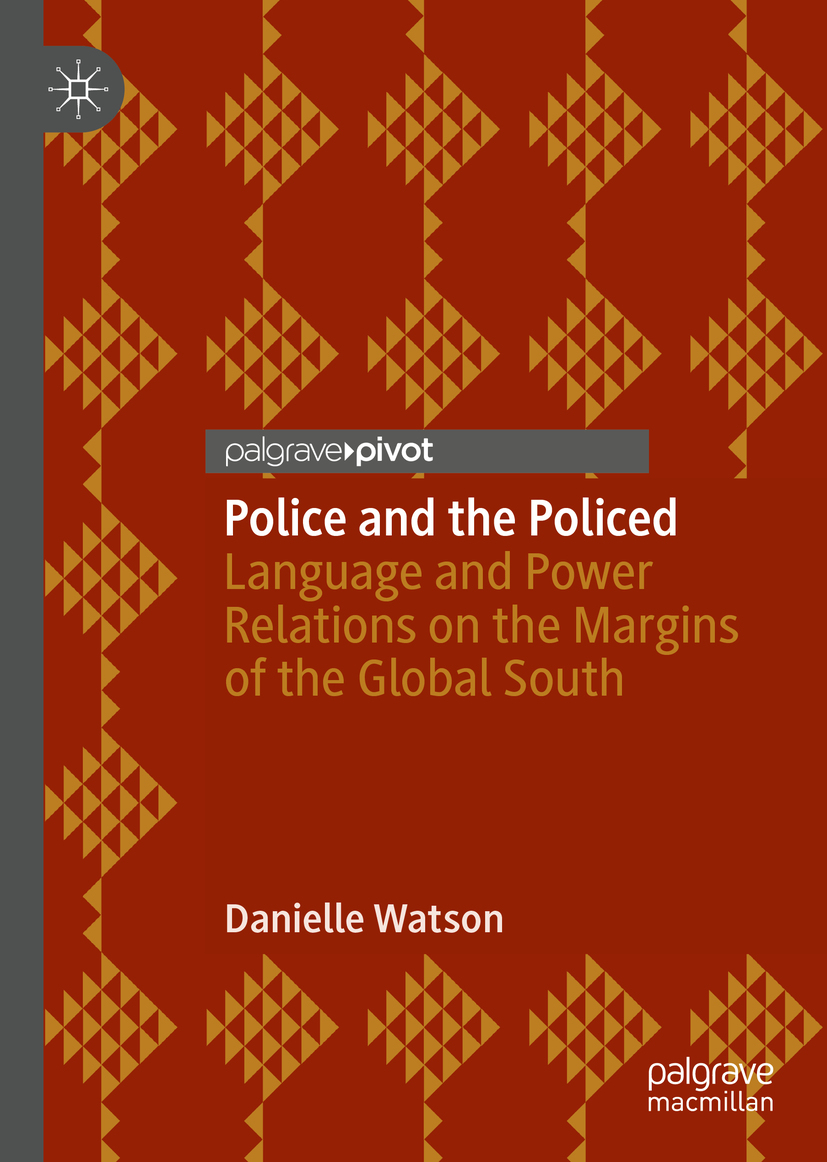Danielle Watson
University of the South Pacific, Suva, Fiji
ISBN 978-3-030-00882-6 e-ISBN 978-3-030-00883-3
https://doi.org/10.1007/978-3-030-00883-3
Library of Congress Control Number: 2018959228
The Editor(s) (if applicable) and The Author(s), under exclusive license to Springer Nature Switzerland AG 2019
This work is subject to copyright. All rights are solely and exclusively licensed by the Publisher, whether the whole or part of the material is concerned, specifically the rights of translation, reprinting, reuse of illustrations, recitation, broadcasting, reproduction on microfilms or in any other physical way, and transmission or information storage and retrieval, electronic adaptation, computer software, or by similar or dissimilar methodology now known or hereafter developed.
The use of general descriptive names, registered names, trademarks, service marks, etc. in this publication does not imply, even in the absence of a specific statement, that such names are exempt from the relevant protective laws and regulations and therefore free for general use.
The publisher, the authors and the editors are safe to assume that the advice and information in this book are believed to be true and accurate at the date of publication. Neither the publisher nor the authors or the editors give a warranty, express or implied, with respect to the material contained herein or for any errors or omissions that may have been made. The publisher remains neutral with regard to jurisdictional claims in published maps and institutional affiliations.
Cover illustration: Pattern Harvey Loake
This Palgrave Pivot imprint is published by the registered company Springer Nature Switzerland AG
The registered company address is: Gewerbestrasse 11, 6330 Cham, Switzerland
Preface
In October 2016, I joined the ranks of PhD survivors. Like many before me, my intention was to publish my dissertation as a book. This intention was unaccompanied by any semblance of a plan and in my head, it would simply be a matter of selecting a publisher and sending them a copy of my dissertation, which they would then turn into something magnificent (after all, policing in Trinidad and Tobago was a buzz topic and the attention of the Western world was fixed upon us because of the escalating crime epidemic). I quickly realized writing a book was very different from writing a dissertation and it was not as simple as repackaging. The idea was shelved until 2017 when I presented at the Crime and Justice in Asia and the Global South International Conference. There, I presented a paper titled Crime, Criminality and North-to-South Criminological Complexities: Theoretical Implications for Policing Hotspot Communities in Underdeveloped Countries. The paper received much attention from scholars conducting research in the Global South. For many of these individuals, my arguments about the dangers of adopted quick-fix policing solutions from the North and the shortcomings of force-to-fit borrowed crime-fighting strategies were as relevant as they were shared. This was a point being made by many of the presenters from the developing Global South. What was different was that the position I took and the fact that the geographic area being represented was not previously exemplified in Southern Criminology discourses.
The English-speaking Caribbean was not well represented in scholarly representations of the Global South. Generalizations about the Caribbean and unsubstantiated claims about crime and criminality in a region diverse in multiple aspects, propelled my desire to commit to the improved visibility of the region in criminological literature on the Global South. More than simply a focus on Caribbean diversity, I acknowledged the need to reflect on the continued impact of northern criminological positions and policies on governance or, more specifically, policing in contexts marked by diasporic histories, problematic police /civilian relations, cultural and ethnic diversity, institutional structures and competing ideological positions. I felt obligated to commence my contribution to criminological , or more specifically policing scholarship, by writing about my country. My linguistic background allowed me to take a multidisciplinary approach to examine policing . My social position as a Caribbean national with ties to three islands and insider knowledge of areas categorized as marginalized in all of these spaces propelled me to take on the task of presenting positions not easily accessed by outsiders and unknown to many on the inside with no knowledge of the realities of the othered.
Police and the Policed symbolizes my commitment to representing the developing world in criminological literature. Here I share revelations from my dissertation and insight into the realities of two groups operating on the margins . It is demonstrative of the power haggling which takes place between police and the policed , and shows how power is navigated through language to help or hinder relations between and among individuals or groups.
Danielle Watson
Suva, Fiji
Acknowledgments
I am grateful to my PhD supervisor Professor Ian Robertson who served as father, counselor, friend, therapist, discoverer, comedian and many other roles that were required at any given point of the PhD journey. I recognize my mentor Paula E. Morgan who chiseled me into the academic I am today and gave me the push I needed to complete this piece of work. She saw potential in me beyond my limited vision and worked continuously to nurture my spiritual, mental and intellectual self. To the members of my academic network who continue to help me find my footingNathan Pino, Kerry Carrington, Nii-K Plangethank you for stretching my imagination beyond the boundaries of my discipline. I am eternally grateful for the advice, encouragement and support given. To the officers and residents of my hotspot, thank you for welcoming me into your world, realities which many may never experience. Finally, I wish to thank Hazel Watson, my mother, my motivator, my friend, for managing my life beyond the writing.

